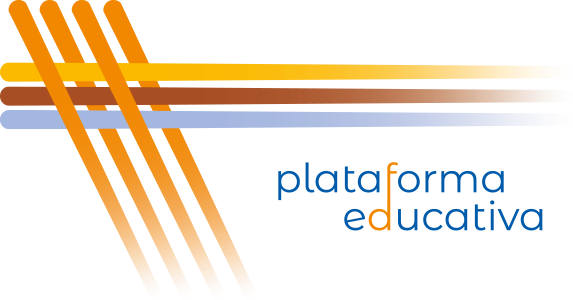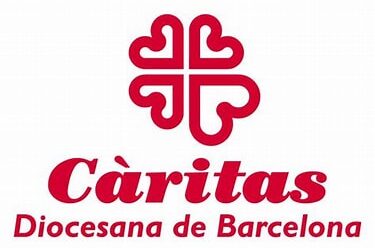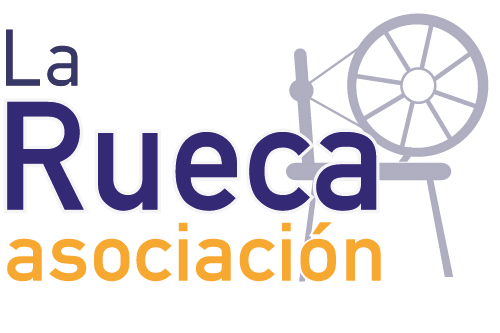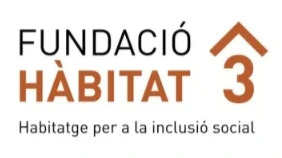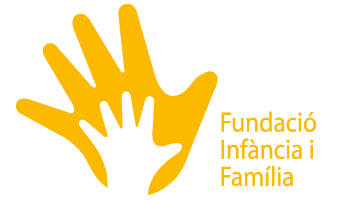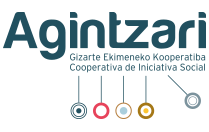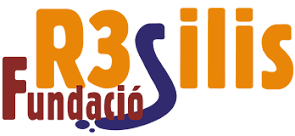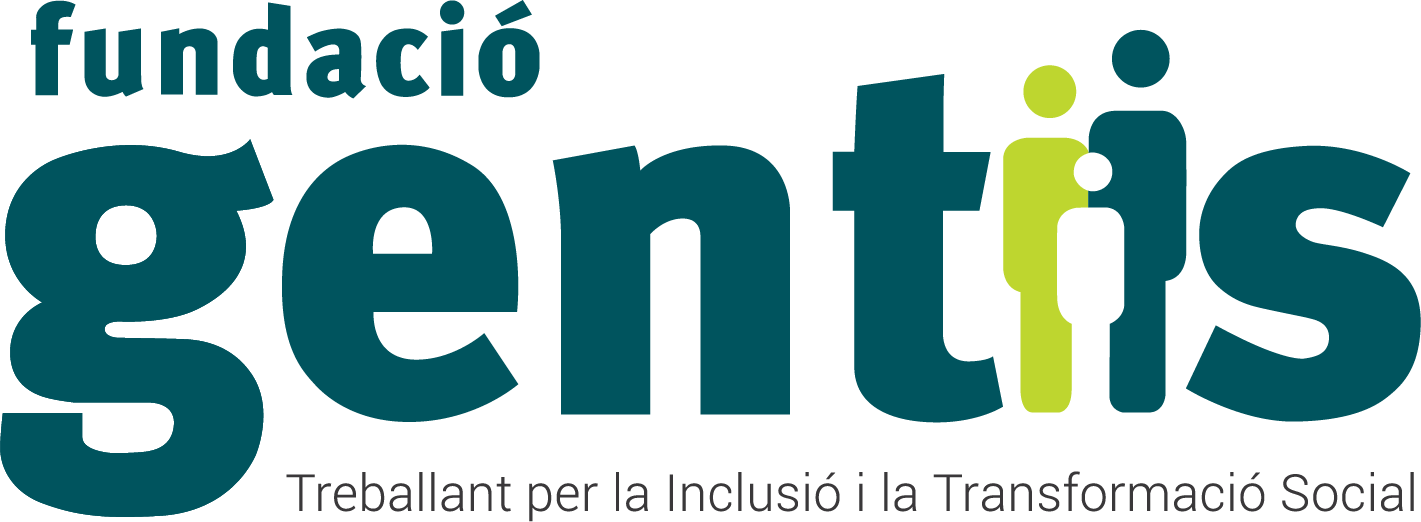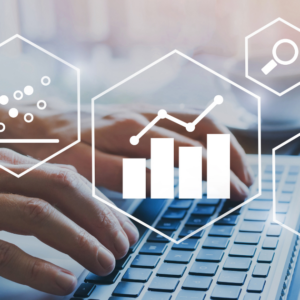Measurement and Management of Social Impact in the Social Services Sector
Measure the social impact of your organization’s actions and interventions with this course (25 hours, online)
Description
Learn to measure the social impact of your organization’s actions and interventions
In recent years there has been a growing interest in our society to measure the social and environmental impact of public and private organizations. The concept of “social impact” is very broad and can refer to everything that has effects, whether positive or negative, on the quality of life of individuals, communities or the planet.
There are several systems and models that make it possible to measure and compare the aspects that can be evaluated. Likewise, there is a great diversity of frameworks, methodologies and tools for measuring and managing social impact.
It is clear that organizations in the social service sector seek to achieve a positive impact on individuals and the community. But they often do not have the tools or the knowledge to measure this impact, objectify it and be able to explain it to society. This fact makes it difficult to manage the actions they carry out, as well as their continuous improvement and accountability to financiers, institutions and citizens.
This course provides answers and practical solutions to this key challenge that organizations in the social intervention sector face today. The training is therefore aimed at professionals in the social sector, in order to train them for the design of a System of Measurement and Management of the Social Impact of the programs, projects and activities of the organizations.
Recipients
Individual with executive or technical roles in management, planning, and communication in the social services sector, both in private and public organisations.
Goals
To provide knowledge about the existing systems for measuring and managing social impact that can be applied in the Social Services sector; to train professionals in the use of existing tools to measure social impact in organizations; to offer knowledge about existing best practices for measuring and managing social impact in organizations in the Social Services sector.
Format and Duration
Online, via Zoom.
The course consists of 25 instructional hours, distributed over 5 hours per week, and structured into 10 sessions: 5 synchronous sessions of 3 hours each, with a weekly frequency; and 5 asynchronous sessions of 2 hours each to carry out practical work between sessions.
Deliverables:
- Session sheet, including:
- Instructor’s CV
- Instructor’s contact information
- Session objectives
- Methodology
- Content
- Bibliography/webography
- Presentations used by the instructors
- Summary of the conducted dynamics and collected contributions
- Final Certificate of Achievement (attendance of at least 80% of the sessions is required).
Coordination
Carme Castrejon: With 27 years of experience in the Third Sector, including 15 years as a member of management teams. Among other recognitions, her projects have been finalists in the B-Value Program (Fund Ship2B), the #contiGO project, Best NGOs for Startups (2021), Ruralitzable (2021), and Start Up Olé (2021). She holds a degree in Social Pedagogy and Theology (University of Seville, Comilas, and Pontifical University of Salamanca) and a Master’s in Strategic Innovation, NGO Management, and Leadership (ESADE, ISDI, Acumen Fellow).
| Nº | Durada | Sessió |
|---|---|---|
| 1 | 3h | Session 1: General overview of measuring and managing Social Impact a. Course presentation and participant introductions b. General panoramic view: Elements of a Social Impact Measurement and Management System c. Tool 1: Actor Maps |
| 2 | 2h | Asynchronous practice 1: Firs approach to a Social Impact Measurement and Management System |
| 3 | 3h | Session 2: Theory of Change and Definition of Indicators a. What is Social Impact Measurement and Management b. Social Impact, definition and value c. Main reference frameworks for impact measurement and management d. Tool 2: Problem Tree |
| 4 | 2h | Asynchronous practice 2: Construction of the Problem Tree for our social cause |
| 5 | 3h | Session 3: Theory of change a. Tool 3: Theory of Change, what it is and what it’s for b. Elements comprising the Theory of Change c. Guide for developing the Theory of Change “step by step” |
| 6 | 2h | Asynchronous practice 3: Definition of the theory of change for the own social project or program |
| 7 | 3h | Session 4: Indicators, data collection, and recording tools a. Considerations on data collection b. How to define good indicators c. Approach to different recording tools |
| 8 | 2h | Asynchronous practice 4: Designing indicators and data collection for your own project or service |
| 9 | 3h | Session 5: Discussion on best practices and integration of learning a. Presentation of a real example b. Integration of learnings, resolution of doubts c. Course evaluation |
| 10 | 2h | Asynchronous practice 5: Construction of a framework for measuring and managing Social Impact for the own organization |
Team of 5 experts affiliated with different organizations and universities, with a long track record in the sector: Carme Castrejón, course coordinator; Ana Delgado, from the Ship2B Foundation; María López Escorial, from IE University; and Virginia Fernández, from Mas Business (ONLBG). Some sessions will also feature the participation of experts who will present specific experiences and platforms for impact measurement.
